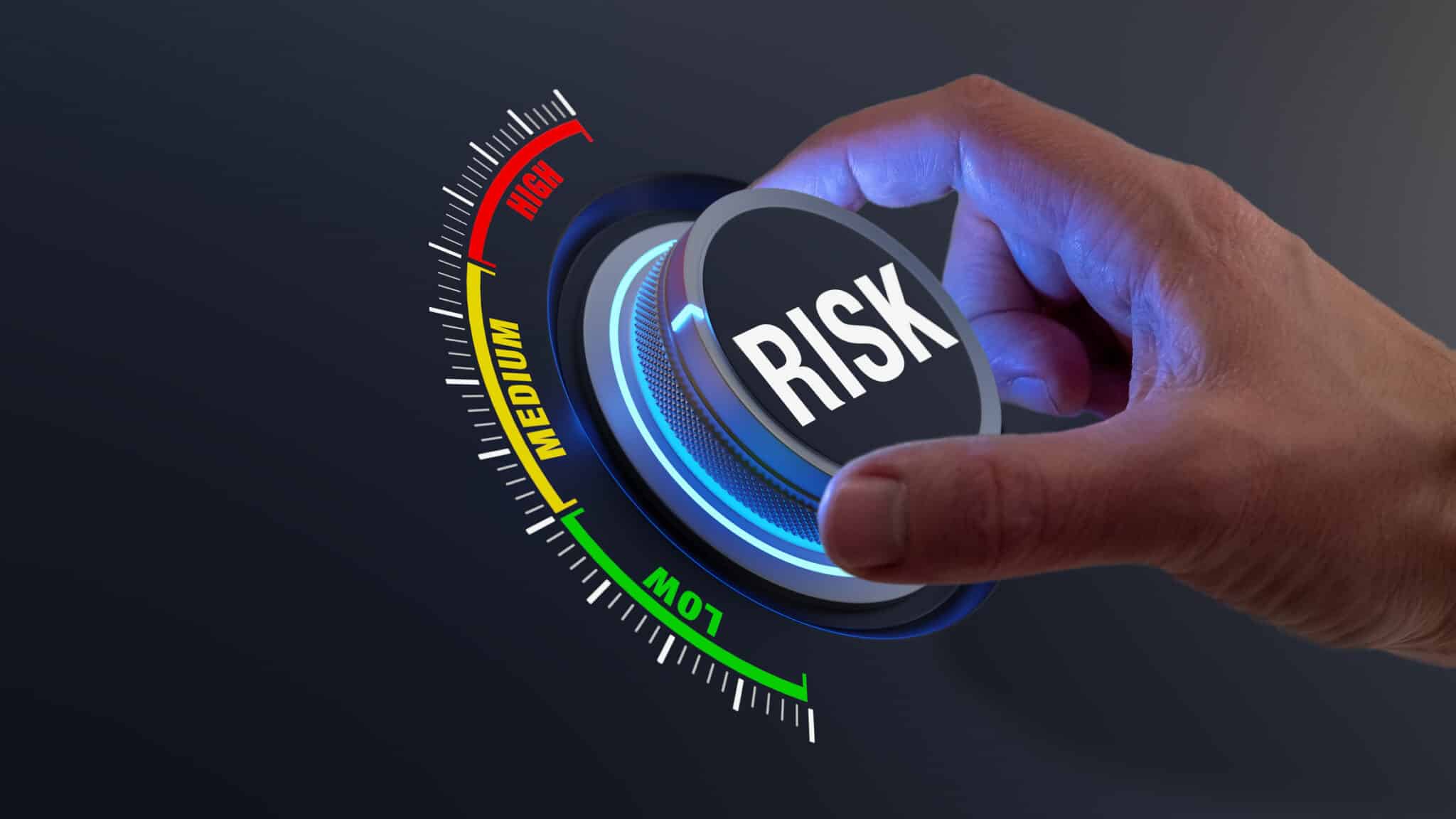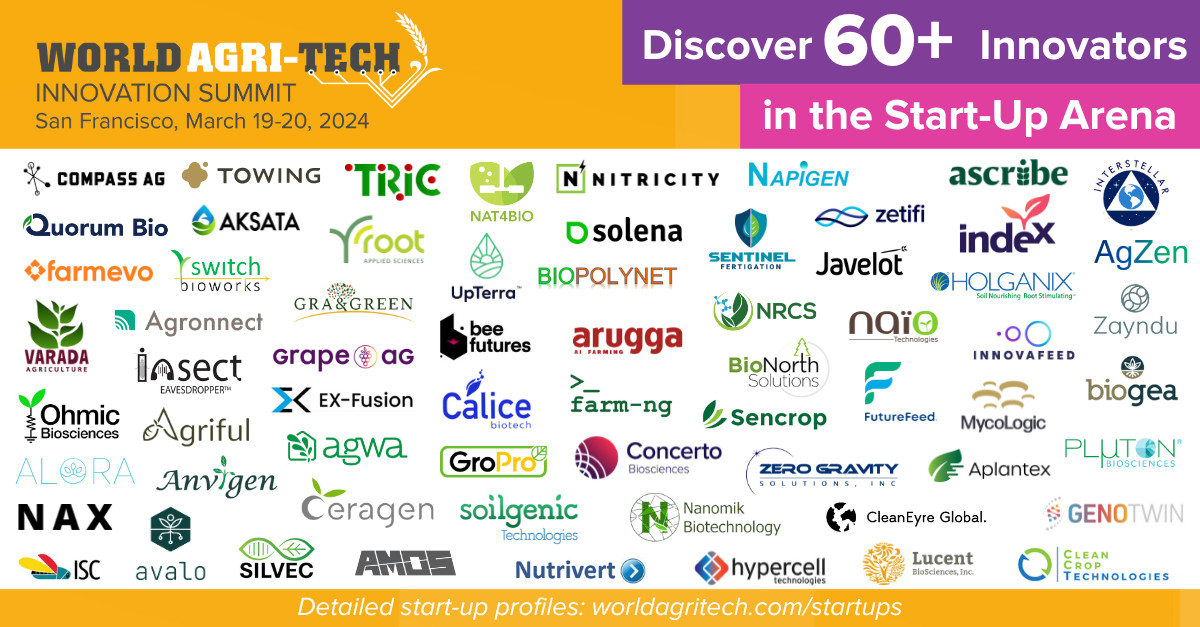One of the highlight sessions at the World Agri-Tech South America Summit, held June 24 – 25, 2024, in Sao Paulo, Brazil, was an investor panel that discussed challenges and opportunities in agtech funding. Though the panel focused across agriculture, investment funding is a critical priority in new plant breeding and seed-related agtech, so this panel was particularly relevant to the seed value chain.
Broad market uncertainty and a decreasing tolerance for risk mean there has been a sharp decline in venture capital funding over the past few years, especially in agtech. Earlier this year, Ag Funder, a venture capital firm based in California’s Silicon Valley, reported a 35% drop in investments across all venture markets, but a 50% drop in the agtech sector. In March, strategy and management firm McKinsey and Company estimated that approximately USD $6 billion that had been invested in 30 top agtech start-up companies had been lost in 2023 due to turn around or distress situations. The McKinsey report said more loss is likely coming — in its analyses of nearly 250 well-funded start-ups, at least 30% of them were running behind on their fundraising targets.
Panel moderator Gonzalo Pérez-Taiman said this environment has prompted the use of words like “agtech capital drought” and “agtech funding winter”. His first question to the five panelists: how accurate are those terms for South America’s agtech investing environment today? He added, “if we really are in an ag tech funding winter, how are you as investors and your portfolio companies keeping warm?”
Flavio Zaclis, founder of Sao Paulo-based Barn Investments, said the current slowing in investment is very much in line with the cyclical nature of the market. More importantly, a slowing market provides opportunity.
“Normally, returns are smaller when [the opportunity is] too obvious… the counterpart is that when you take risk when the market is really stressed out, your competition is much lower, your prices are much lower, and then you’re probably coming into the cycle when you can exit in the hype and not the other way around,” Zaclis said.
He said the one thing that he’s “absolutely positive” about from past experience is that the next two years of investing will be “incredible”.
“Specifically in our market, I think it’s fairly common to assume that when you have a specific hype going to a specific market like climate and ag, probably they will be the first ones to drop and drop more vertically, [but] then they should shoot up again. So, I think we’re going through a specific phase — one more cycle — and I hope people understand and buy into the idea that this is the right time to invest, and we shouldn’t wait when interest rates are low and prices are high,” he said.
Francisco Jardim, managing director at Sao Paulo-based SP Ventures, was even more positive. He said there has been huge growth in venture capital interest in agtech in Latin America in the past three years.
“We come from an era where venture capital wasn’t even a niche asset class, it was a nonexistent asset class,” Jardim said. In comparison, he said that today, “never have we seen so much investor interest in broad investor pitches from corporate ventures, generalist investors, North American ag tech investors, and my fellow colleagues here co-investing alongside. There’s simply a lot more pockets. They are very deep pockets.”
For example, two of his portfolio companies will be announcing new funding rounds at over USD $100 million valuations.
“It’s the first companies to break the nine-figure number and they’re doing it right now in 2024 in the middle of this — in theory — funding drought, when valuations because of interest rates and all the other factors are really being tested,” Jardim said.
“I think ag in the region has continued to prosper. It’s a new asset class. I don’t really see this drought. I think maybe the numbers are referring to food tech, delivery and other categories that had too much exuberance.”
This isn’t to say that agtech is easy. Startups of all kinds are at high risk. Ninety percent of all startups ultimately fail. In their first year of operations, two out of 10 U.S.-based startups will go under, despite the U.S. offering an enabling environment.
Given those challenges, Natalie Vergara Giron, head of platform at Mercy Corps Ventures, said that startups need long term support.
“What do we expect here in Latin America, or in Africa… where we don’t have the enabling environment? We don’t have the basic infrastructures or logistics to set it up. And also, we don’t have those success cases or examples that everybody can look up to,” Vergara Giron said.
“We believe that it isn’t impossible, but it’s hard. It takes a lot of grit and resilience and innovations from both entrepreneurs and from investors to understand that we’re not going to have unicorns in five or seven years. We need to be here for the long term and be supportive for startups for the whole journey of the investments.”
Given that the panelists generally agreed that South America offers significant opportunity for agtech investors, is the region where it could be in terms of agtech investment?
“We’re not leading in terms of the amount of money deployed when we compare the Brazilian market to the U.S. market, for example,” Zaclis said. “It’s a completely different kind of volume. Should we be leading? Probably. But I also think we need to do a bit of self-criticism as well as investors… I think we went through a phase of less discipline, more volume. Maybe we need to go into the phase now of being more specific at the specific things that we want to invest in.”
“I think investment discipline is a key word here to attract more capital and to transform our industry in something that can be recurrent. Because if we’re constantly raising money, and funding companies that don’t return capital ever, then we have a problem,” Zaclis added.
Jardim said capturing opportunity comes down to a natural maturing that is occurring within South America’s investment environment.
“You have a venture community that is going into its second, third fourth cycle. We have investors that have already learned: this a business that you learn by making very expensive mistakes… We’re selecting founders better… we’re bringing a better value proposition for founders beyond financial capital.”
While financial returns are a critical priority, Zaclis said dollars need to be viewed as one part of a bigger whole. Real returns, he said, come only via seeing investment through a wider lens.
“Financial returns are part of what you generate as an investor,” Zaclis said. “There are so many other things that come with it: developing technology, developing ecosystems, bringing money so that entrepreneurs can effectively put ideas to work… I would love to complain and say the money is not coming in. It’s not that it’s not coming in. We are still portrayed from outside as countries that are exporting grains and not exporting technologies. I think we should really push for the second one: exporting knowledge and technology. And I think that’s the way to push for returns.”












